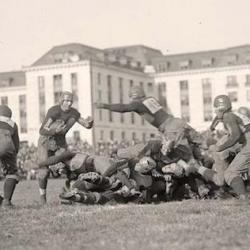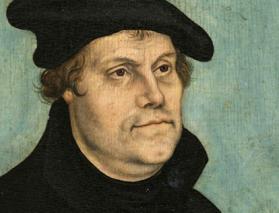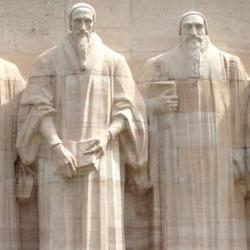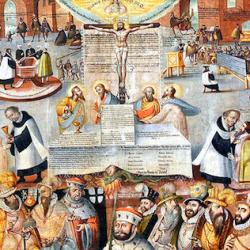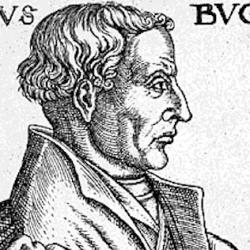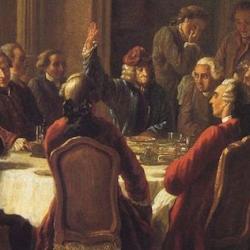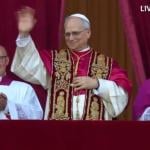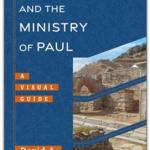For a week in early October, it looked as if my college football fantasy – or nightmare – might be realized. The three teams I root for all looked as if they might be heading for the NCAA playoff. Yes, I root for three college football teams. I suffer from schizofania. It’s an accident of autobiography. I grew up in Columbus, Ohio, son of an Ohio State med school graduate, and I caught Buckeye fever early. I was in the Horseshoe... Read more

